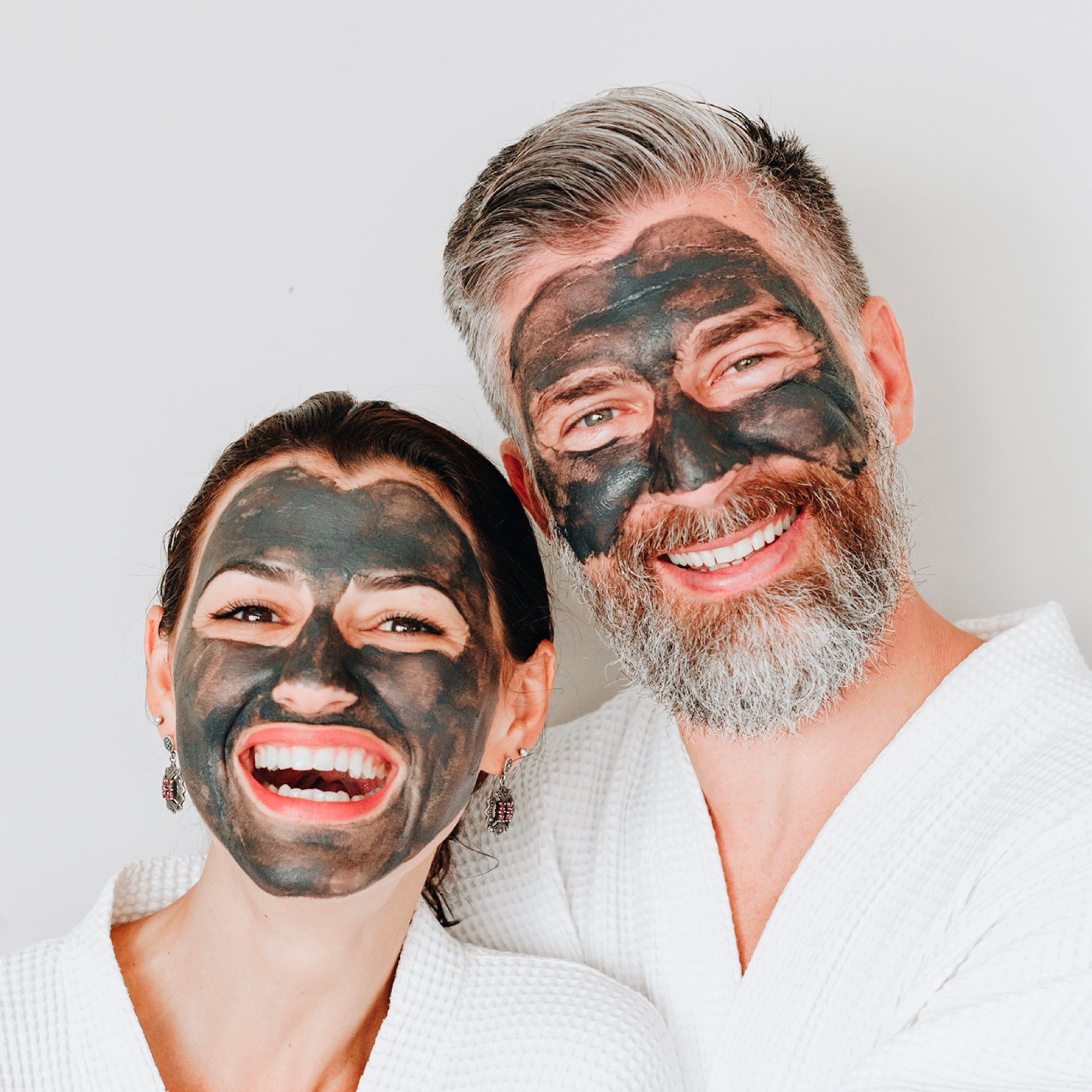Why Does Hair Get Greasy Quickly and How to Manage It?
Excess oiliness and rapid buildup of scalp impurities are common concerns for many people. The answer to "How to prevent hair from becoming greasy?" lies in understanding the causes and adopting the right hair care routine. This article explores the key factors behind greasy hair and provides practical solutions to maintain fresh, clean locks for longer.
Causes of Oily Hair
Excessive scalp oiliness is not just a cosmetic issue but can also indicate underlying health or hair care problems. Here are the main reasons why hair may become greasy too quickly:
- Overactive sebaceous glands. The scalp naturally produces sebum, an oil that keeps hair hydrated and protected. However, if sebaceous glands become overactive, excess sebum leads to rapid oil buildup.
- Improper hair care. Frequent washing with harsh shampoos can strip the scalp of moisture, triggering it to produce even more oil to compensate.
- Unhealthy lifestyle. A diet high in fats and sugars, stress, and vitamin deficiencies can contribute to increased sebum production.
- Genetics and hormonal changes. Oily hair can be hereditary or influenced by hormonal fluctuations, such as those occurring during puberty or pregnancy.
Addressing this issue requires a balanced approach, including lifestyle changes, proper hair care, and, if necessary, consulting a specialist for personalized recommendations.
How to Prevent Hair From Getting Greasy
Managing oily hair is possible with the right routine. The key is to balance sebum production while ensuring proper scalp care. Here are some effective strategies:
- Choose the right shampoo. Opt for shampoos formulated for oily hair, preferably sulfate-free. Products containing natural extracts help regulate oil levels without over-drying the scalp. The Ukrainian brand Mesonia offers shampoos enriched with ingredients that restore softness, bounce, and freshness.
- Wash your hair at the right frequency. Washing too often can overstimulate sebaceous glands, leading to even more oil production. Ideally, wash your hair every 2-3 days using lukewarm water. Rinsing with cool water at the end helps close the cuticles and maintain shine.
- Use targeted hair treatments. Masks, sprays, and herbal-based treatments can help absorb excess sebum and restore the scalp's natural balance.
To reduce oiliness, it is important to take a comprehensive approach by selecting the right hair products, maintaining a proper washing routine, and using specialized treatments. Regular and mindful hair care can significantly improve hair freshness and extend the time between washes.
Home Remedies for Greasy Hair
Managing oily hair doesn't always require expensive treatments. Some simple and natural remedies can help regulate scalp oil production:
- Homemade masks: Use absorbent ingredients like clay or lemon juice to help reduce scalp oiliness.
- Herbal rinses: Nettle, chamomile, and oak bark have soothing properties and help balance sebum levels.
- Scalp massage: Regular gentle massages improve blood circulation, promoting healthier hair growth.
Consistency in using natural remedies can not only control oil production but also restore hair volume, shine, and smoothness.
Why Hair Gets Dirty Quickly and What to Do
To maintain healthy, clean hair, it’s essential to not only choose the right products but also consider lifestyle habits. A balanced diet rich in vitamins and minerals, including leafy greens, vegetables, and nuts, can positively impact hair health.
Additionally, hairstyles play a role—wearing high ponytails or loose buns prevents excessive contact between hair and facial oils, helping to keep hair fresher for longer.
Proper Care for Oily Hair
A well-planned hair care routine can regulate sebaceous gland activity and keep hair looking voluminous, shiny, and lightweight. Here are some practical tips:
- Minimise heat styling. Excessive blow-drying or heat styling can overstimulate oil production.
- Avoid applying hair care products to the roots. Conditioners and balms should be applied only to the ends to prevent buildup on the scalp.
- Check product ingredients. Avoid hair care products containing silicones and heavy oils, as they can weigh hair down.
- Incorporate scalp exfoliation. Using scalp scrubs or clarifying treatments helps remove excess oil and buildup, keeping the scalp clean.
Oily hair is a manageable concern when addressed with the right care, diet, and mindful hair-washing habits. Sebaceous glands play a natural role in maintaining scalp health, but their activity should be balanced.
By using high-quality hair care products, such as Mesonia's natural hair treatments, and following a consistent routine, you can reduce greasiness, restore hair vitality, and keep your locks looking fresh for longer.
0 comments




